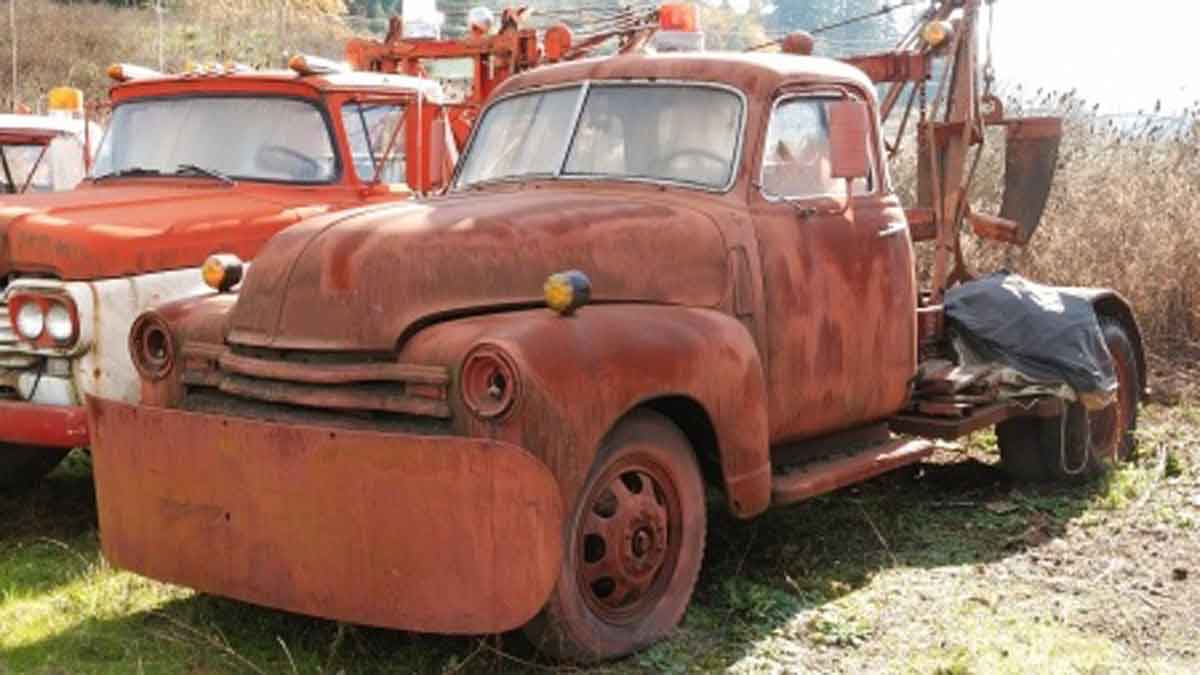The Economic and Ecological Benefits of Recycling Junk Vehicles
Recycling junk automobiles offers various financial and environmental advantages that extend well past waste reduction. These advantages emphasize the diverse worth of recycling scrap autos, yet there are even more facets to think about when evaluating its full effect.
Reducing Land Fill Waste
Decreasing land fill waste via the recycling of scrap vehicles plays a critical duty in ecological preservation. Effective recycling processes can considerably lower the volume of waste that finishes up in land fills when automobiles reach the end of their life cycle. Junk automobiles, if not appropriately recycled, add to the expanding issue of land fill overcapacity, aggravating environmental destruction and possibly polluting dirt and groundwater with harmful compounds such as oil, gas, and hefty metals.

Furthermore, the recycling procedure mitigates the damaging results of vehicle waste on biodiversity. Land fills are notorious for interrupting regional ecosystems, and decreasing the influx of junk autos helps preserve natural environments. Inevitably, recycling junk cars and trucks is a strategic approach that fosters sustainable waste administration, lining up with wider ecological goals.
Conserving Natural Resources
In enhancement to mitigating garbage dump overcapacity, recycling scrap autos plays a substantial function in saving all-natural sources. By recycling scrap cars and trucks, we considerably lower the need for raw materials, therefore suppressing the ecological degradation connected with mining activities.
Furthermore, the procedure of recycling vehicle parts such as light weight aluminum, lead, and copper is much much less energy-intensive than generating these products from virgin sources. This power savings equates straight into lowered fossil gas usage and reduced carbon footprints (scrap my car). Additionally, by recovering and repurposing products, we extend the lifecycle of non-renewable resources, guaranteeing they continue to be available for future usage
Furthermore, recycling auto liquids like oil, transmission, and antifreeze liquid prevents harmful substances from contaminating dirt and water sources. Via methodical recycling initiatives, these fluids can be cleansed and recycled, promoting a circular economic situation and further diminishing the stress on natural deposits. Therefore, reusing junk vehicles supplies a diverse strategy to conserving our earth's important all-natural properties.
Developing Job Opportunities
The recycling of junk automobiles not only profits the atmosphere but also stimulates financial development by producing task chances. This growing industry supplies a large range of employment leads, ranging from the first collection and transportation of old vehicles to the detailed processes of dismantling, arranging, and repurposing the various parts.

The expansion of recycling plants Fort collins we buy junk cars even more enhances the task market, requiring functions such as designers, maker operators, and high quality control experts to make sure and handle the advanced machinery conformity with ecological guidelines. Even administrative positions, such as sales, advertising and marketing, and customer care, see a surge as the industry increases.
Decreasing Production Expenses
By integrating recycled materials from junk automobiles, makers can substantially lower production prices. The energy required to refine recycled materials is dramatically less than that required to generate new products from scrape.
Furthermore, the reusing process assists enhance the supply chain by providing a constant influx of materials that are conveniently available and typically less costly than newly mined resources. These price performances are particularly important in a very competitive industry like vehicle production, where margins can be razor-thin. In addition, the recycling of junk autos assists alleviate the unpredictable pricing of resources, allowing makers to much better projection and regulate their manufacturing spending plans.
Providing Affordable Car Parts
When junk cars and trucks are reused, the availability of budget-friendly vehicle parts considerably boosts, profiting both consumers and repair work shops. Recycled automobile parts are frequently cost a portion of the cost of new parts, offering a cost-efficient alternative for vehicle owners and auto mechanics. This price can be essential for individuals that might not have the monetary means to purchase new elements, allowing them to keep their automobiles in risk-free and operational condition.
Service centers additionally get from this enhanced availability of inexpensive components. By sourcing recycled elements, these companies can reduce their functional expenses, which can be passed on to clients through reduced solution charges. This, subsequently, can cause higher consumer contentment and loyalty, as customers appreciate the cost financial savings without endangering on high quality.
Moreover, the top quality of recycled parts has boosted considerably over the years, many thanks to advancements in reusing processes and top quality control procedures. Numerous recycled components undergo strenuous testing to guarantee they fulfill market standards, using reliability equivalent to repairs - junkyard near me. By providing a high-grade and economically sensible alternative, the recycling of scrap cars plays an essential role in sustaining both the automotive repair work sector and the broader customer market
Verdict
Recycling junk automobiles offers substantial economic and ecological benefits by dramatically decreasing land fill waste and conserving natural deposits. This technique lowers producing prices by recovering approximately 90% of automobile parts, thus reducing power consumption and greenhouse gas discharges. Additionally, it produces employment chances throughout various markets and supplies inexpensive car components, strengthening the automobile repair service industry. Overall, the recycling of junk cars and trucks supports both economic growth and sustainability goals.
Reusing junk cars presents various financial and ecological advantages that extend well beyond waste reduction. Junk cars and trucks, if not effectively recycled, contribute to the growing issue of garbage dump overcapacity, aggravating environmental degradation and potentially contaminating soil and groundwater with dangerous compounds such as oil, gas, and hefty steels.
By reusing scrap cars, we considerably decrease the demand for raw materials, thus curbing the environmental degradation associated with mining activities.When junk vehicles are recycled, the accessibility of inexpensive auto parts significantly enhances, benefiting both consumers and repair work shops.Recycling junk automobiles provides considerable financial and ecological advantages by dramatically reducing landfill waste and saving natural sources.